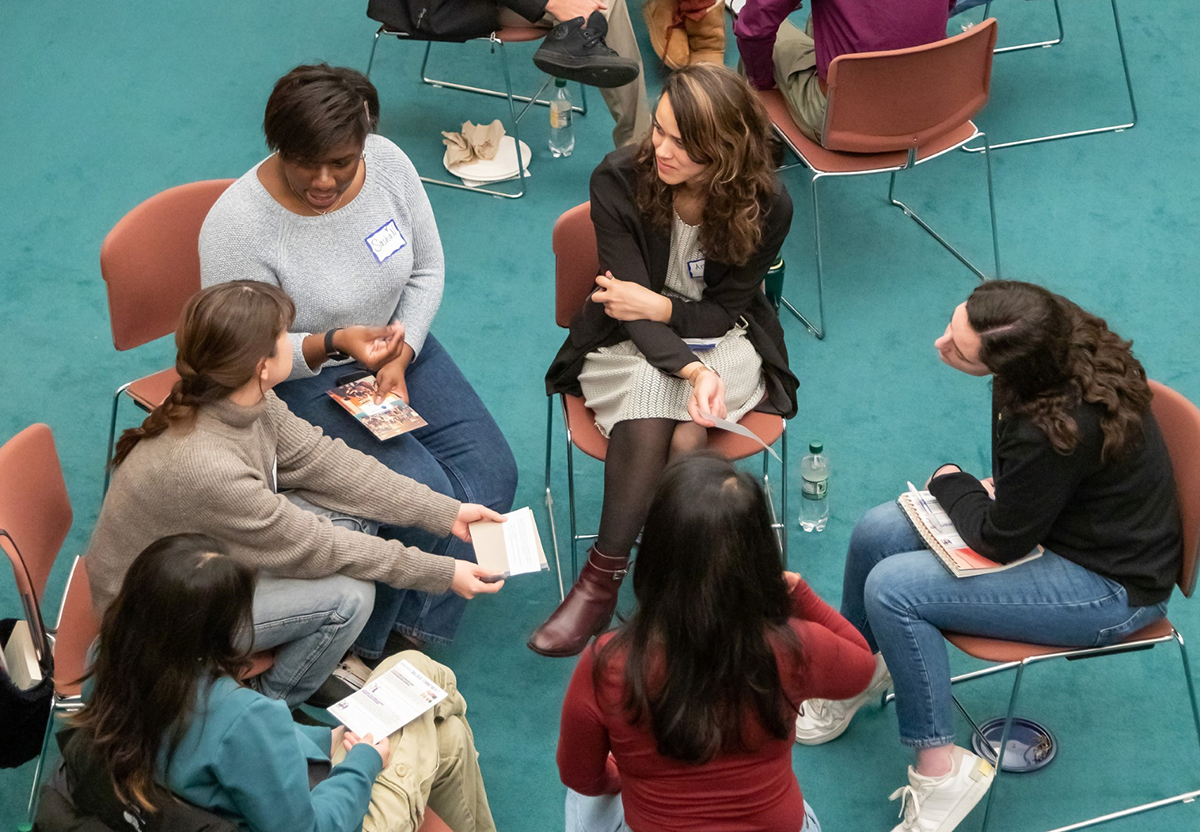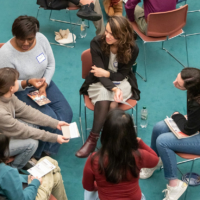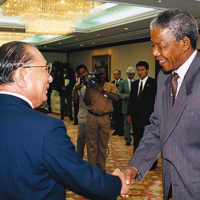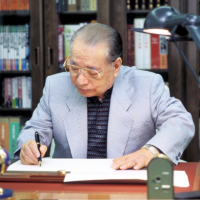It is tragic that violent conflict is still affecting so many of the human family today, from the Gaza Strip and Israel to Ukraine, Yemen and the Central African Republic. The Geneva Academy of International Humanitarian Law and Human Rights is currently monitoring over 100 situations of violence around the world that can be classified as armed conflict under international humanitarian law.
Whatever the reasons used to justify it, war always causes profound human suffering, destroying lives and families on all sides. It leaves physical and psychological scars that last a lifetime and affect future generations, with a legacy of hatred and bitterness.
In the face of intractable conflicts and unbearable human suffering, the challenge of constructing a genuinely peaceful world can feel overwhelming. It is desperately hard to find an appropriate response to the kinds of violence that reject all attempts at engagement or dialogue. Even so, it is vital that we try to avoid falling into pessimism that robs us of energy and hope.
Daisaku Ikeda (1928 to 2023), the late president of Soka Gakkai International (SGI), wrote: “However long the effort takes, so long as we do not abandon the work of unknotting the tangled threads of these interrelated issues, we can be certain of finding a way forward. The core of such efforts must be to bring forth the full potential of dialogue. So long as human history continues, we will face the perennial challenge of realizing, maintaining and strengthening peace through dialogue, of making dialogue the sure and certain path to peace.”
The basis for this kind of dialogue must be a humanism that sees good in that which unites and brings us together and evil in that which divides us. We must refuse to be drawn into simplistic, binary views and stereotyping people on the basis of ideology, nationality or ethnicity. It is essential that we hold on to hope, determined to actively pursue all avenues of dialogue, never permitting them to be closed.
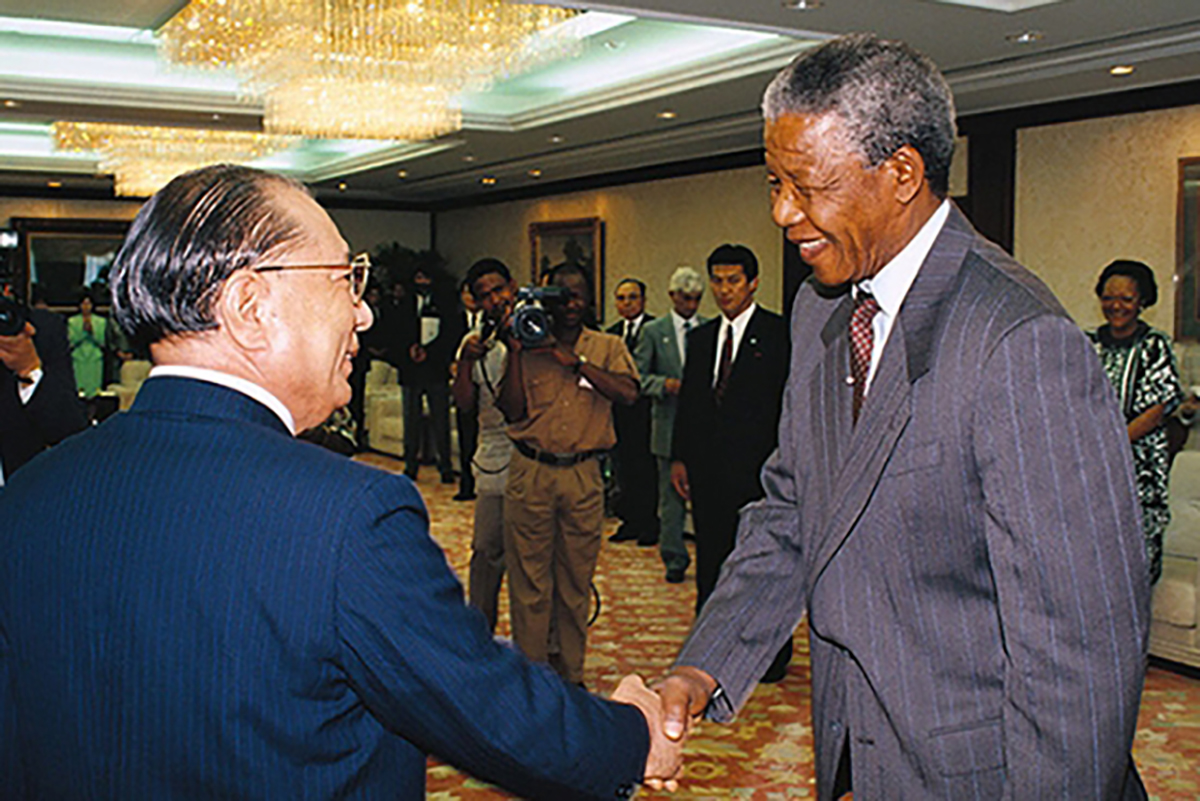
Nelson Mandela described the process by which the apartheid system was brought down as follows: “Many in the international community, observing from a distance how our society defied the prophets of doom and their predictions of endless conflict, have spoken of a miracle. Yet those who have been closely involved in the transition will know that it has been the product of human decision.” Transformations that strike observers as miraculous are in fact hard-won victories wrought by those who initiate action based on a vision of a better future.
However, in today’s world, polarization and fragmentation are increasing, and it feels harder than ever to create spaces where people can come together to know and learn from each other. The advent of the digital era has created insular echo chambers, termed “filter bubbles,” where people are fed information aligned with their existing perspectives. This fractures our shared experiences, eroding the foundation of collective understanding.
We must strive to reach out beyond our comfort zones, transcending the excessive attachment to difference that is deeply rooted in our psychology and converse on the basis of our common humanity.
Donna Hicks of Harvard University is an expert in conflict resolution who has created Dignity Dialogues, aimed at increasing human connection. According to Hicks, dignity is vital to humanity: “Whether the conflicts are between nations or in the workplace, in the family or in churches, or in medical and school settings. … I find that if you drill down deep enough, dignity is the last stop. There’s nowhere else you can go. Dignity is at the heart of our soul. It’s part of the shared human condition. Nobody wants to be mistreated and everybody wants to be treated as if they matter.”
She says dialogue opens our minds to our own “frozen perspectives” as well as those of others. In her Dignity Dialogues, she starts with a process of learning about the centrality of human dignity. From a common point of understanding, dialogue can then begin.
Instead of merely tolerating others, we should treasure them, regarding differences as sources of value. Encountering people with radically different views can even be liberating — expanding our perspectives and making us more understanding. We need to listen and open our hearts.
What is crucial is the hard and patient work of challenging, through the spiritual struggle of intense encounter and dialogue, the assumptions we hold about others, from those in our own families and workplaces to those in far-distant places.
This is not an easy challenge, but as ripples of dialogue multiply and spread, the cumulative effect of such seemingly small efforts can help redirect the current of the times.
As Ikeda wrote: “Dialogue is an adventure, an adventure available to anyone. And sometimes it’s an adventure whose outcome can change history.”
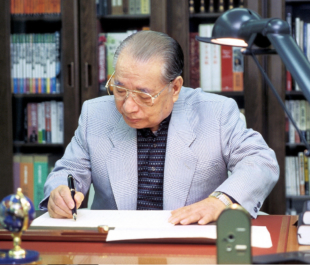
Daisaku Ikeda devoted his life to promoting peace through dialogue. He published dialogues with over 70 international figures and issued peace proposals on Jan. 26 every year between 1983 and 2022 to mark the founding of Soka Gakkai International. Soka Gakkai is a global community-based Buddhist organization that promotes peace, culture and education, and SGI is an international association of Soka Gakkai and a nongovernmental organization in consultative status with the U.N. Economic and Social Council.



